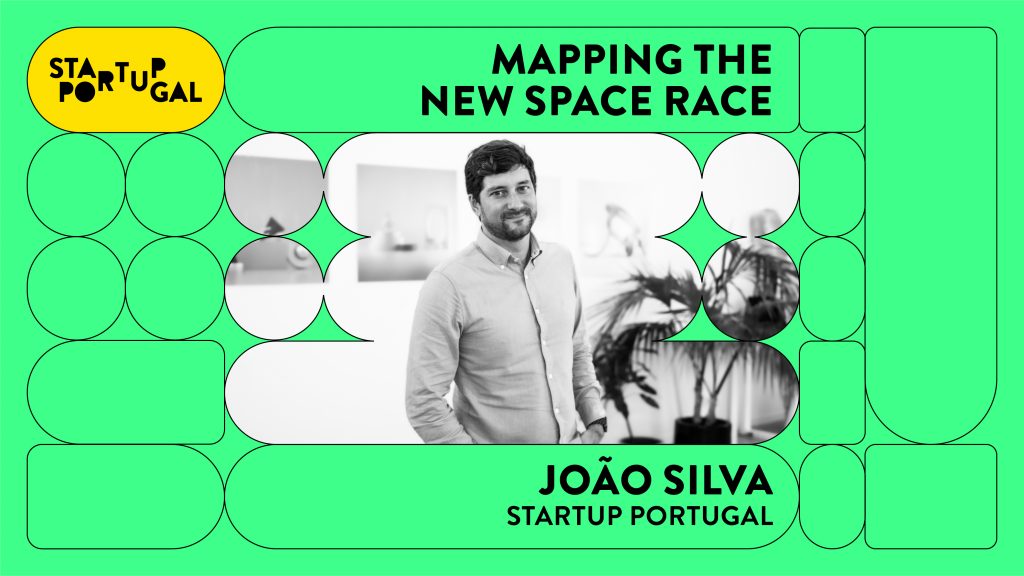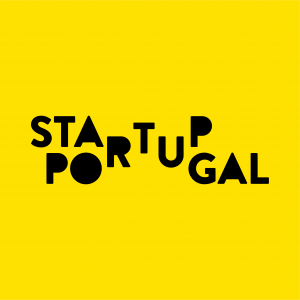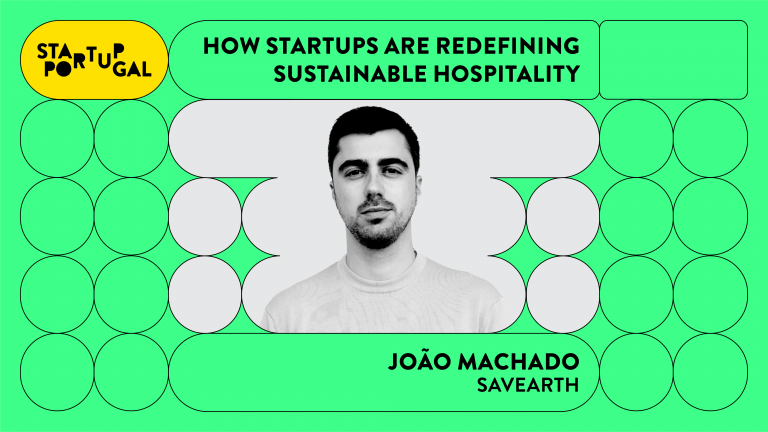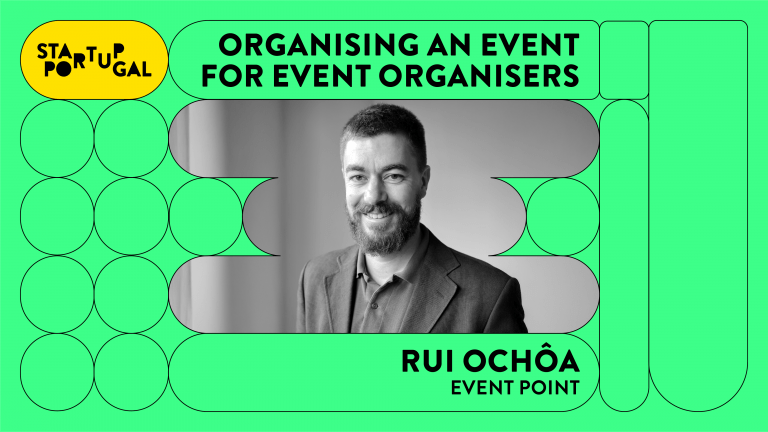Mapping the New Space Race, by João Silva

Mapping the New Space Race
João Silva, Head of Data & Tech and Public Policies at Startup Portugal
This content is available in Portuguese.
In the 1960s, the world watched in awe as nations competed in the Space Race, a clash of ambition and technological prowess. This race fueled a generation’s imagination, taking Yuri Gagarin into space in 1961 and Neil Armstrong to the moon in 1969. But what began as an international rallying point became, over time, a single-country pursuit. The Space Race ultimately lost its allure, with the U.S. landing on the moon for the last time in 1971. Fast forward 50 years to today, there’s a new wave of innovation as nations again turn their sights to the stars, supported by private ventures like SpaceX and Virgin Galactic. This return to space represents more than national pride—it speaks to humanity’s quest for exploration and the limits of what we can achieve together.
Similarly, today’s global startup race has ignited a fresh spirit of competition and progress. With the U.S. leading the charge, startups have grown into tech giants that transformed traditional industries and dominate the ranks of the world’s most valuable companies. This growth has underscored the powerful impact of innovation on economic development. The pioneers of this startup era are also at the forefront of our renewed space aspirations, reinforcing the idea that entrepreneurs are motivated by a desire to change the world.
For Portugal, the lessons from both the Space Race and the current tech landscape are clear. Though we may not have the capital to join the race to Mars, our history of maritime exploration teaches us that boundless ambition and strategic vision can bridge any gap. Just as we launched our caravels to explore uncharted territories in the 15th century, today we must take a similar leap, this time into the unknowns of technological and economic innovation.
How to do it?
Countries worldwide are competing in this “new gold rush,” where data and technology drive societal advancement. And Portugal is a contender aiming for 5000 startups in 2025, with a record-breaking milestone, raising more than one and a half billion euros in risk capital for startups in 2021, setting up the scene and making its dent on the global startup scene. But this must only be seen as a beginning, as we must keep pushing the stakes higher and higher, and our position is always balancing, so we need to take every moment to re-evaluate and set new, ambitious goals.
In a world increasingly defined by digital prowess, the ability to map and understand our startup ecosystem becomes essential. Startup creation is no longer just about economic growth; it has become a measure of a country’s vitality and potential to foster tech-driven innovation. Accurate data collection, configuration, and ecosystem mapping are central to show this effort. Portugal took a clear step forward with a legal definition of startup and the information we provide is becoming more and more reliable, making it a standard to Europe and the world.
When we prioritize these elements, we build credibility and a foundation that supports sound policymaking and targeted investment, creating the optimal conditions for entrepreneurs to thrive and our country to be the incubator of great projects.
Nevertheless, to remain competitive, we must embrace this innovative mindset and keep pushing. We need policies that keep supporting risk-taking and a societal shift that moves beyond limiting beliefs. Our history proves that we are a nation of navigators and explorers; now, we must channel that same spirit to nurture the startups that will define the next generation of Portuguese industry.
The digital economy’s relentless pace demands that we stay alert, constantly analyzing, innovating, and pushing for more to stay competitive on the global stage. Information is indeed the new oil, and if we manage it with foresight and ambition, it will fuel a prosperous future. A “race to data” can only benefit Portugal if it is thoughtful and well-informed. And as we continue this journey, we must remember that the great Portuguese companies of tomorrow may still be just ideas waiting to be implemented.
Other blog posts



